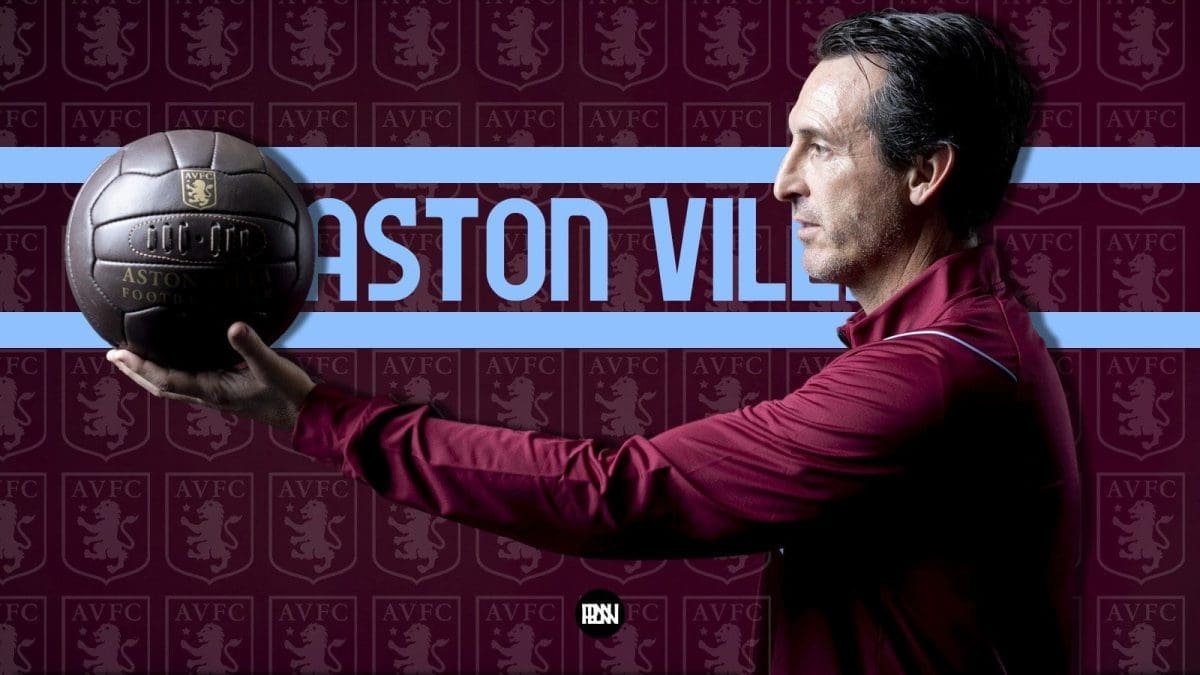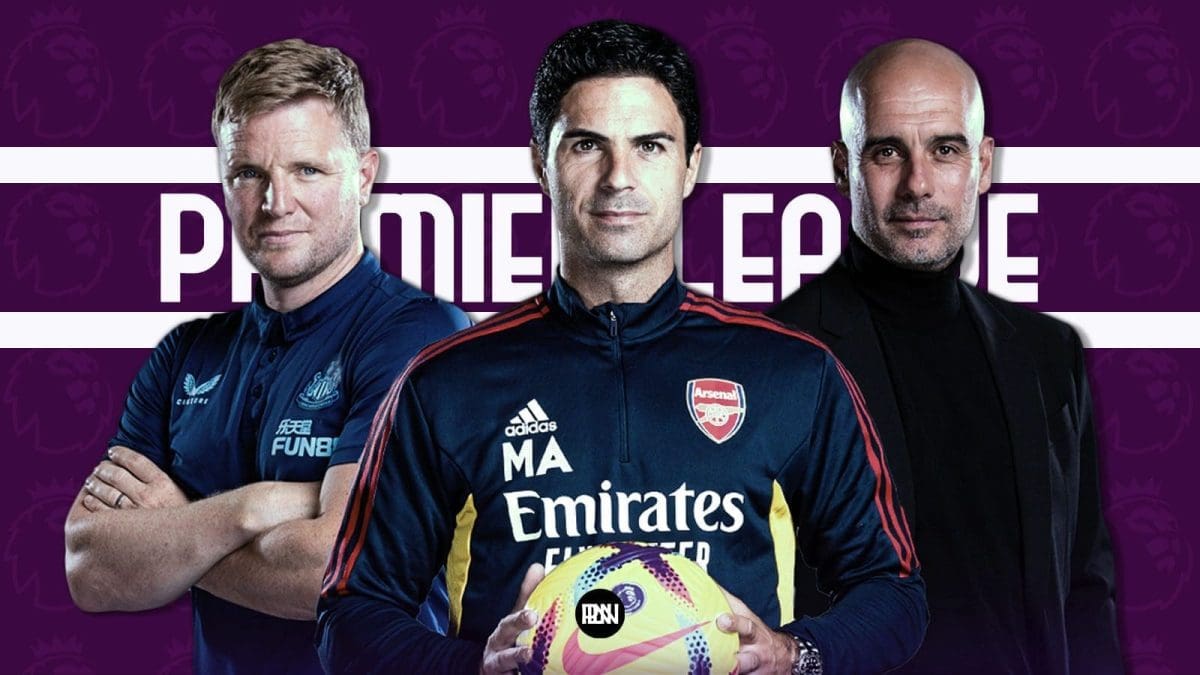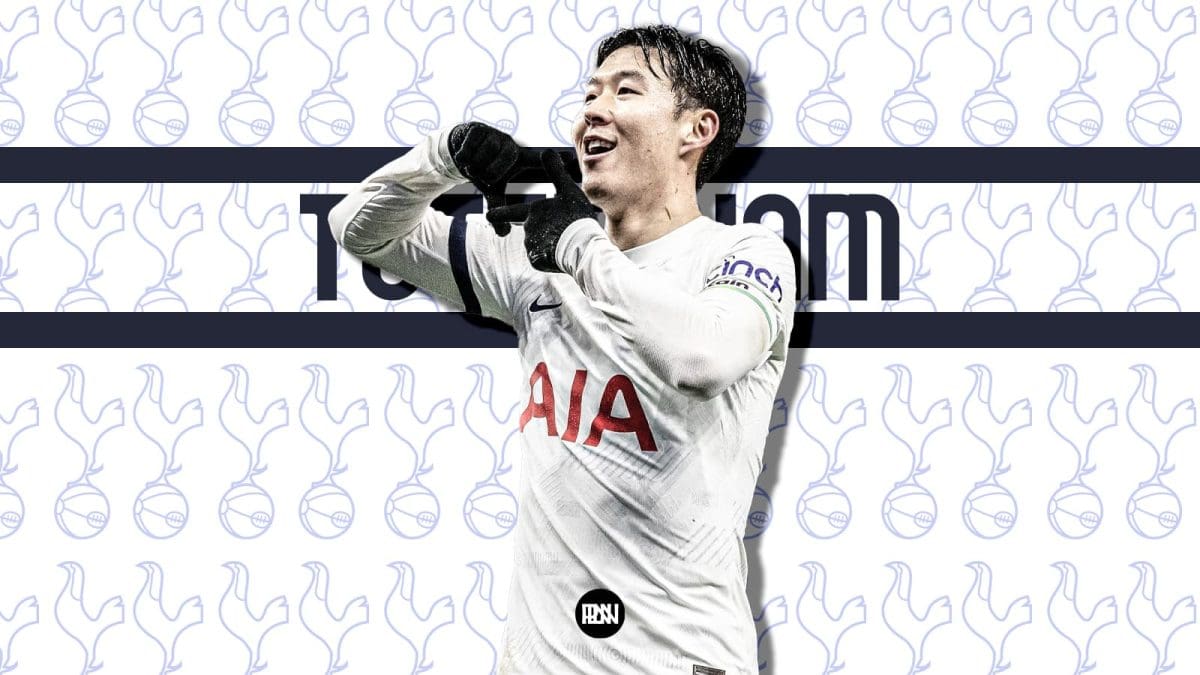Dan Friedkin’s takeover of Everton in late 2024 has positioned him as a significant figure in European football.
The deal, valuing Everton at approximately £500m, adds to Friedkin’s portfolio, which includes AS Roma and AS Cannes.
Investments have focused on debt reduction and restructuring, aiming to free up resources for squad improvements. Friedkin’s influence now extends to shaping the future of European football governance.
Dan Friedkin Everton investment and debt restructuring
The majority of Friedkin’s investment in Everton has been directed towards settling debts inherited from Farhad Moshiri. Sources indicate Moshiri received less than £50m for his shares. The club’s remaining debt, largely tied to the Hill Dickinson Stadium, has been restructured to secure more favorable long-term rates. As a result, Everton aims for a net spend exceeding £100m during the summer transfer window. A modest payroll increase is also planned after several years of financial constraints.
On the pitch, David Moyes’ team has experienced a consistent start to Friedkin’s first full season in charge. Notably, they remain undefeated at Bramley Moore Dock. They are preparing to host Tottenham on Sunday.
AS Roma’s progress under The Friedkin Group
AS Roma has also performed steadily after narrowly missing Champions League qualification in the 2024-25 season. The club has made tentative progress on constructing a new 60,000-seater stadium. This follows years of negotiations with local authorities.
Friedkin’s role within European Football Clubs (EFC)
Rome hosted the General Assembly of the European Football Clubs (EFC) earlier this month. Friedkin represented both Everton and Roma at the event. Formerly known as the European Club Association, the EFC acts as a representative body for professional teams in Europe.
Friedkin is one of 11 members of the EFC’s executive committee, working alongside Nasser Al-Khelaifi of Paris Saint-Germain and Qatar Sports Investment. Kieran Maguire, a football finance lecturer at Liverpool University, emphasizes the importance of having a voice in these meetings. Friedkin now has the opportunity to influence discussions and decisions made by the EFC.
The EFC has strengthened its position since the collapse of the European Super League in 2021 and now includes 800 members. The organization plays a significant role in shaping the future of football, from financial regulations to TV deals.
Navigating multi-club ownership regulations
Friedkin is one of two representatives on the EFC executive committee with a direct interest in regulating multi-club ownership. Following administrative issues in the summer that led to clubs being excluded from European competition due to UEFA’s conflict-of-interest rules, this issue has become more prominent.
The Friedkin Group envisions a future where both Roma and Everton compete in Europe. Consequently, they have a vested interest in discussions surrounding multi-club ownership rules. While workarounds exist, such as ‘blind trust’ arrangements, these are not always ideal due to the offset of natural synergies between clubs. Friedkin’s role in managing the commercial rights of UEFA’s men’s and women’s club competitions, valued at almost £3bn annually, further solidifies his influence.
Friedkin’s growing influence within the EFC allows him to represent clubs like Everton, ensuring their concerns are heard. This is crucial to balance the interests of clubs with varying priorities.
Dan Friedkin’s strategic moves have rapidly made him a key power broker in European football, demonstrating his commitment to both club success and the broader governance of the sport. His involvement in the EFC and UEFA positions him to significantly influence financial regulations and the distribution of commercial rights, shaping the future landscape for clubs across Europe.
















